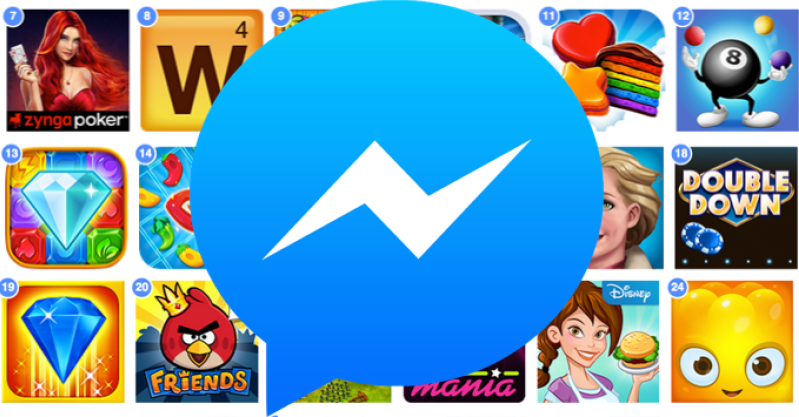
Since Facebook released its Instant Games this month allowing users to play games with their friends using Facebook Messenger, the encryption feature is one setting that users tend to skip out on but something that is important to make the most of the new Instant Games.
David Marcus, Vice President of Facebook Messaging, says that turning off encryption can allow users to play all games and enjoy all features of Instant Games. Marcus explains, "The way we've built encryption in Messenger is as a mode, not for all conversations at all times. As a result, it presents more flexibility for us to abide by all local regulation and at the same time build experiences like these and be confident they won't be impacted by such a change in regulation or directives."
Marcus also adds that there is a big difference with choosing to turn on or off encryption. He says that with the encryption turned off, anyone "can send photos, stickers, normal messages, (and) voice messages... (But) all the fancy features are not available."
The need to turn off encryption is due to a performance issue, and it is said that encryption significantly slows down Facebook servers. Without encryption, users are able to enjoy a seamless experience with Instant Games. Marcus says that Facebook is focused on performance and something the company is continuously working hard on. "That's why we built it (Instant Games) the way we did, rather than have it (encryption) turned on for every conversation... End-to-end encryption actually slows (communications) down because every time you have to decrypt the packets and encrypt them again," Marcus explains.
As much as Facebook is focused on performance, it is also keen on keeping their users' freedom of choice. This is why encryption is an arbitrary and app-specific feature, wherein a user can choose to turn it on for certain features such as games.
However, the encryption feature can be a double-edged sword for users who would want to have their messages sent privately. In July of this year, Facebook released its end-to-end encryption service to gain consumer confidence in having Facebook Messenger as the primary mode of online messaging. End-to-encryption is said to be "that extra layer... for those special conversations where you send a Social Security number, a username or password, checking account information for a payment, medical data of some kind."
Facebook Instant Games currently features 17 games from 14 developers, including classic mainstays Bandai Namco, Taito, Konami and Zynga. It is also available in 30 countries, and a far wider deployment is foreseen this coming 2017.






